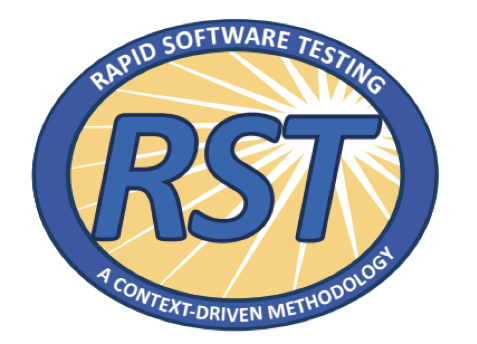This afternoon I read an interesting post from my colleague and fellow DEWT member Jean-Paul. In his post he askes the question: “What do you, or rather what does your manager, see as valid justification to attend a conference?”. The funny thing is, that I am manager at the same company Jean-Paul works at so I am one of those manangers who have to decide if testers can go to conferences or not.
While I was thinking about this, I realised that to express my opinion I need to answer 3 questions:
1) Why should testers attend conferences?
2) What are the criteria I use to justify if somebody can go to a conference?
3) What do I expect from testers who go to conferences?
To answer question 1: I fully agree with Jean-Paul: “Conferences typically are the place where you can learn the latest developments and opinions, submerge yourself into the testing mindset, confer with your peers, refresh your ideas and expand your network.”. So that is why I think every tester who is serious about learning and becoming a better tester, should attend conferences.
Before I can answer question 2, I must explain something first. There are a lot of conferences nowadays and I wonder why people always want to go to EuroStar. I admit that it is one of the best known conferences around (in Europe) and it has been one of the few international highly regarded conferences until a couple of years ago. But there are more conferences so why go to EuroStar? I am not saying you should never go to EuroStar, but maybe there are other interesting events or conferences around? In the Netherlands we have quite a few, so maybe a tester can attend those first before going to fly around Europe to visit EuroStar?
The criteria for attending conferences I use are almost the same I use for courses. Roughly these criteria are: do we have budget, does the testers need the course and is this the best way to gain the knowlegde? So if a tester can tell me why he wants to go and what he is going to learn at the conference he is halfway in getting a green light. The exact justification differs per person, so it is hard to describe them here. But it needs to fit in the testers development plan, the departments strategy and again in the budget. But the justification isn’t fully “hard”. There are soft criteria which can’t be measured easily. I mean things like: do I think the testers earns this? Do I grant this to the person? There are a lot of other ways to learn and to become a better tester. And if someone, for example, would read books, read or even write blogs or is busy learning by not only working or attending courses payed by his boss, he makes a good chance with me to get a green light.
The last question is even harder to answer. But yes, as a manager I expect something in return: a good learning experience! So you can expect that we’ll discuss what you have experienced and learned afterwards. I expect that you ask yourself some critical questions like: what did I take home from the conference? What can I use? Where can I improve? Which topic is interessing for further study? For yourself but also for your colleagues and for the organisation you work for. There is always some benefit and what is it? Sure it is hard to really use something from a conference in your daily work. By discussing it with the people who didn’t go, this will become much easier! And if you saw presentations you didn’t like or you maybe even thought they were complete nonsence, explain yourself why and discuss this with your peers. Maybe even find the presentor after the talk and tell him why you didn’t like his talk. The same counts for courses you attend. If you only go there and do nothing with it, the learning benefit is relatively low. So work with it!
Other benefits you can have from conferences are the ones Jean-Paul mentioned: a boosted testing mindset, good discussions with peers and networking. And I think testers should be aware of these “side effects” and be ready to explain them to your manager. This might help you convince him (or me) to let you go.



0 Comments
1 Pingback